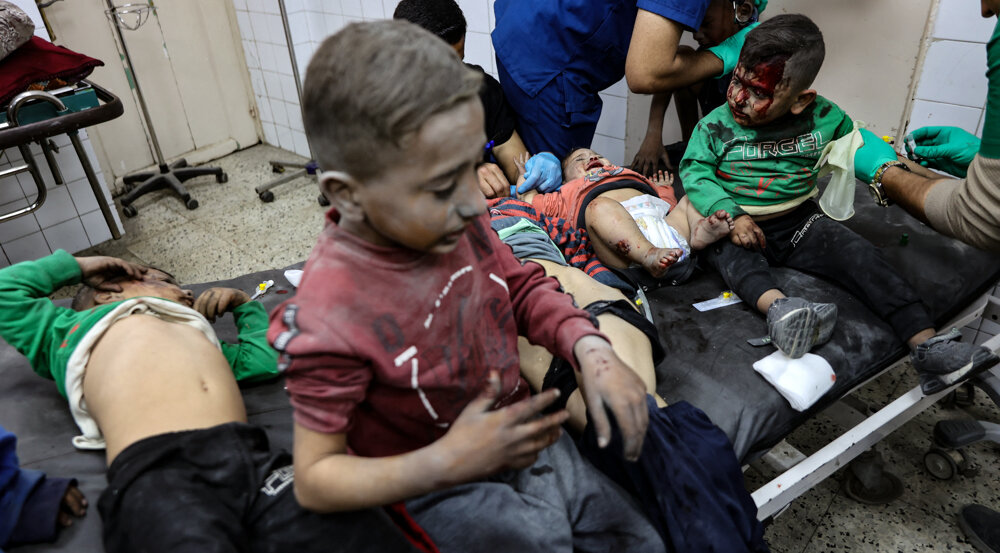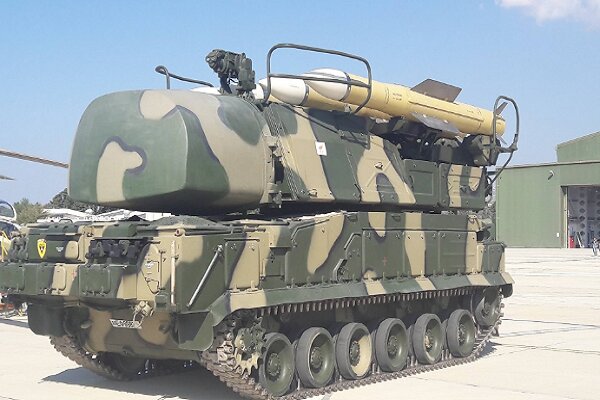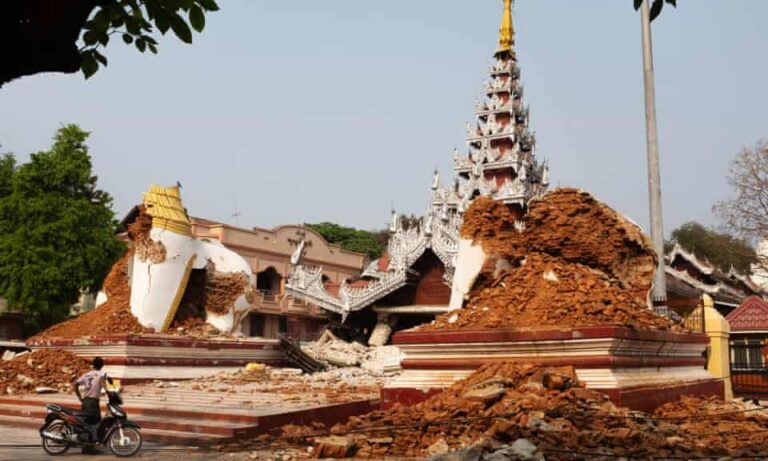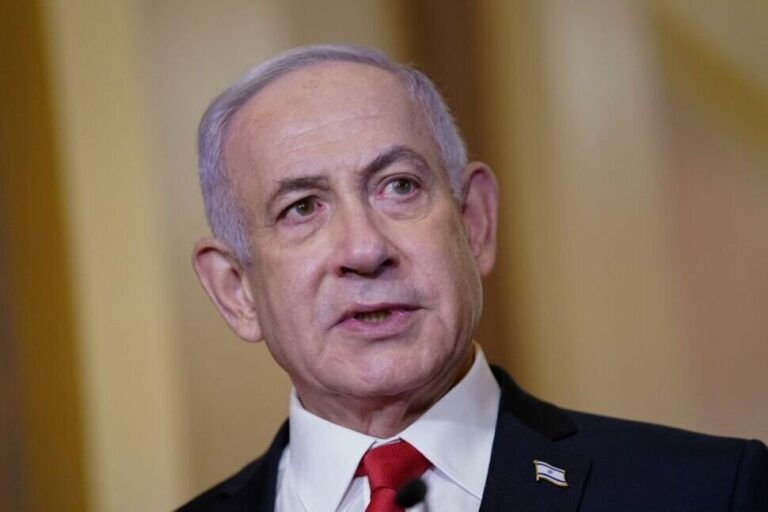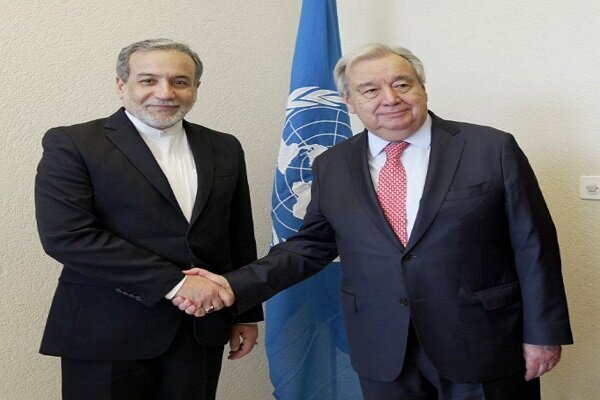Israel to Dismiss Air Force Reservists Who Criticized Gaza Conflict: Controversy Unfolds
In a recent development regarding the ongoing conflict in Gaza, an army official emphasized the importance of trust within military ranks, particularly concerning reservists. This statement has drawn significant attention, especially as it relates to the actions of almost 1,000 Israeli Air Force reservists and retirees who have publicly expressed their stance on the situation, highlighting the complexities of military service during times of conflict.
The army’s response to this situation has been firm. According to the official, there is “no room for any body or individual, including reservists in active duty, to exploit their military status while simultaneously participating in the fighting.” This assertion reflects a critical stance on the integrity of military operations and the relationship between commanders and their subordinates.
In light of these events, the army has made the decision that any active reservist who signed the letter demanding the immediate return of hostages will no longer be able to continue their service. While the army did not disclose the exact number of individuals affected or whether the termination of service has already begun, the implications of this decision are significant.
The letter, which was made public through Israeli media on Thursday, calls for urgent action regarding the hostages held by Hamas. The signatories demand the immediate return of these individuals, even if it means halting military operations. Currently, there are 59 hostages still being held, with reports suggesting that more than half may no longer be alive.
As the situation unfolds, Israel has intensified its military offensive in Gaza, aiming to pressure Hamas into releasing the hostages. This escalation has led to widespread humanitarian concerns, particularly due to the blockade that Israel has imposed on essential supplies. Civilians are facing severe shortages of food, fuel, and humanitarian aid, raising questions about the impact of military decisions on innocent lives.
Key points to consider include:
- The army’s stance: The Israeli army is taking a hardline approach against reservists who participate in public dissent regarding military operations.
- Hostage situation: The letter highlights the plight of 59 hostages, with growing fears for their safety.
- Humanitarian crisis: The ongoing blockade has left civilians in Gaza struggling with critical shortages.
- Military escalation: Israel’s offensive aims to exert pressure on Hamas, raising concerns about the broader implications for peace and security in the region.
The blockade imposed by Israel has resulted in acute shortages for the civilian population. With food, fuel, and humanitarian aid becoming increasingly scarce, the humanitarian situation has reached dire levels. The international community is watching closely as Israel has announced plans to seize large parts of Palestinian territory and establish a security corridor through it, a move that could further escalate tensions in an already volatile region.
As military operations continue and the humanitarian crisis deepens, the conflict in Gaza remains a focal point of global concern. The actions of reservists reflect a broader debate about the ethics of military engagement and the responsibilities of those in uniform during times of crisis. While the army maintains its position on the integrity of military service, the voices of those challenging the status quo highlight the complex moral landscape faced by soldiers and civilians alike.
In conclusion, the situation in Gaza is multifaceted, with military, humanitarian, and ethical dimensions all at play. The Israeli army’s response to the reservists’ letter emphasizes the challenges of maintaining order and trust within military ranks, while the ongoing conflict raises urgent questions about the future of the region and the well-being of its people. As developments unfold, it is crucial to remain informed and engaged with the evolving narrative surrounding this critical issue.
For more updates on this situation, stay tuned to reliable news sources and continue to advocate for humanitarian solutions that prioritize the safety and dignity of all individuals involved.
